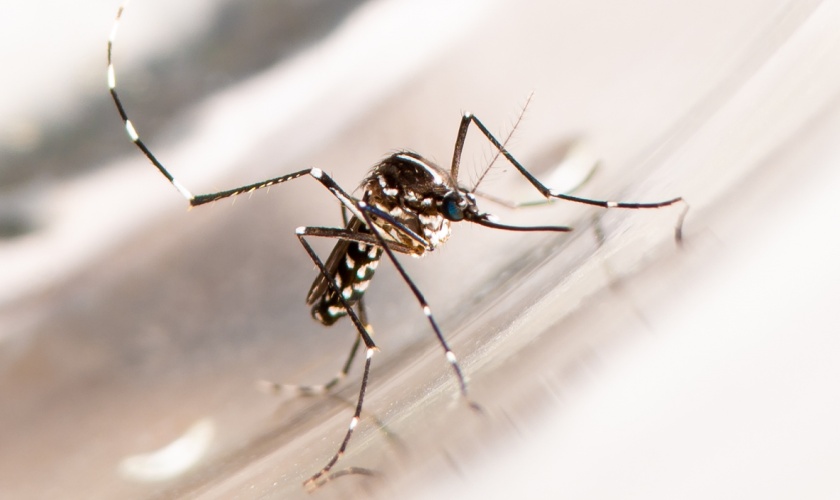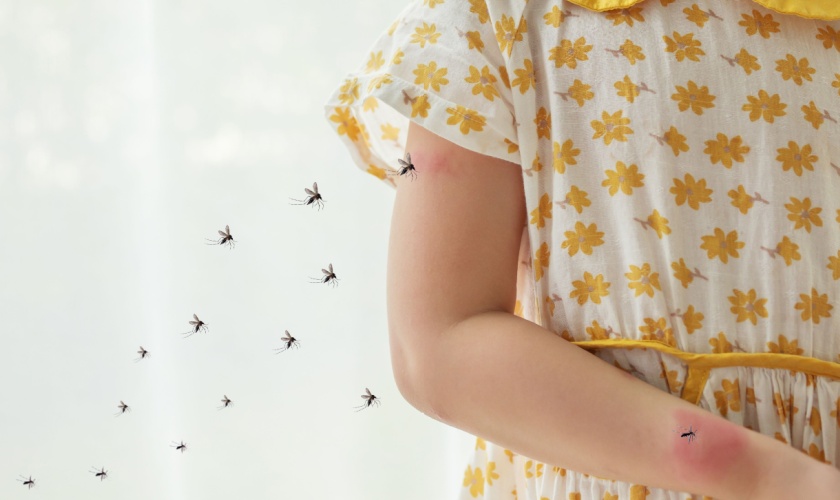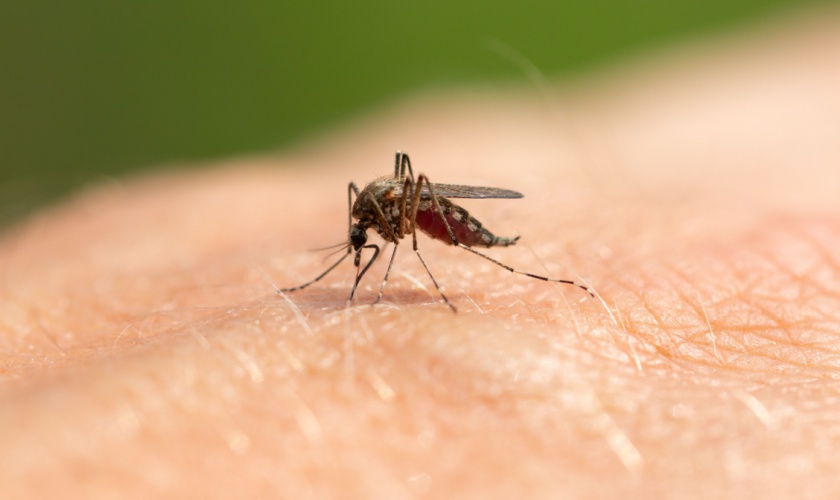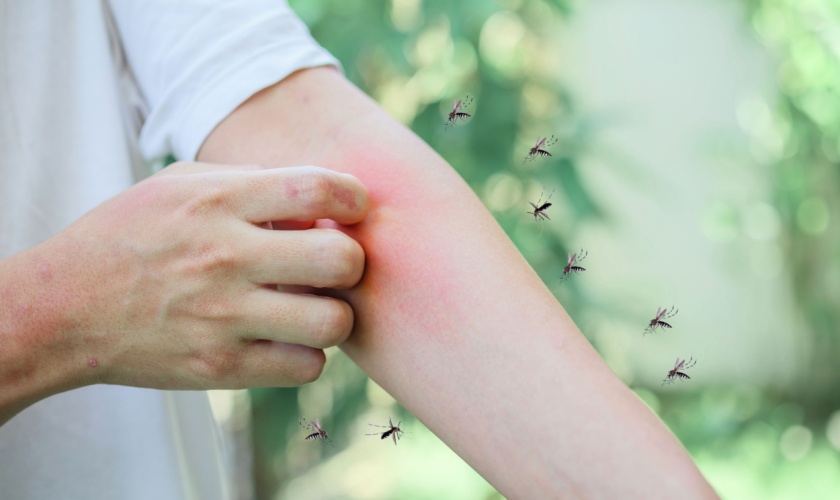When faced with a yard full of mosquitoes, many homeowners turn to do-it-yourself solutions. From homemade repellents to store-bought traps, DIY methods can seem like an affordable and straightforward way to handle the problem. But how effective are they in the long run? In this blog, we’ll examine the pros and cons of DIY mosquito prevention and help you decide whether it’s worth your time—or if it’s better to call in the professionals.
The Appeal of DIY Mosquito Prevention
DIY mosquito prevention methods come in many forms, including:
- Natural Repellents: Using essential oils like citronella, eucalyptus, or peppermint to keep mosquitoes at bay.
- Mosquito-Repelling Plants: Planting species such as lavender, marigolds, or lemongrass around outdoor spaces.
- Homemade Traps: Crafting simple traps from household items like plastic bottles, sugar water, and yeast to lure and capture mosquitoes.
- Water Management: Draining standing water from buckets, flowerpots, and other containers to prevent mosquito breeding.
These approaches are often inexpensive, easy to implement, and give homeowners a sense of control. For those dealing with a minor mosquito problem, these methods can provide some relief—especially in the short term.
Limitations of DIY Mosquito Prevention
While DIY solutions have their merits, they also have several limitations:
- Limited Coverage: Natural repellents and small traps may only affect a small area. They often fail to cover larger yards or heavily infested spaces.
- Short-Term Results: Homemade sprays and repellents need frequent reapplication, and homemade traps may not significantly reduce the overall mosquito population.
- Ineffectiveness Against Breeding Sites: DIY methods typically don’t address all breeding areas. Even if you eliminate water in visible containers, hidden puddles or drains might still support mosquito larvae.
- Difficulty in Targeting Specific Species: Some DIY methods aren’t effective against certain mosquito species, which may require specialized treatments.
- Health and Safety Concerns: Misuse of homemade insecticides or improper handling of essential oils can pose risks, particularly for children and pets.
When DIY Works—and When It Doesn’t
DIY mosquito prevention can be effective in certain scenarios:
- Small Yards with Light Mosquito Activity: If you have a small outdoor area and a mild mosquito problem, DIY methods might be enough to keep mosquitoes at bay.
- Temporary Events: For a one-time outdoor gathering, using citronella candles, fans, and natural sprays can help create a more comfortable environment.
However, if mosquitoes are breeding nearby or if your property consistently experiences heavy mosquito activity, DIY methods may fall short. The root cause of the infestation needs to be addressed, and that often requires a more comprehensive approach.
Professional Mosquito Control as an Alternative
Professional pest control services can provide long-lasting mosquito prevention by:
- Identifying Breeding Sites: Trained technicians can locate hidden water sources and treat them with larvicides.
- Applying Targeted Treatments: Professionals use products and techniques designed to eliminate adult mosquitoes and prevent larvae from maturing.
- Implementing Integrated Pest Management (IPM): This approach combines multiple strategies—such as habitat modification, biological controls, and chemical treatments—to achieve sustainable mosquito control.
- Offering Seasonal Maintenance Plans: Regular visits ensure that mosquitoes stay under control throughout the warm months.
DIY mosquito prevention methods can work in the short term for mild problems, but they often don’t provide the comprehensive results that homeowners need for long-lasting relief. While it’s worth trying DIY solutions for minor issues, more persistent or severe infestations are best handled by professionals. By combining your efforts with expert guidance, you can keep your yard mosquito-free and enjoy your outdoor spaces without constant swatting and scratching.



